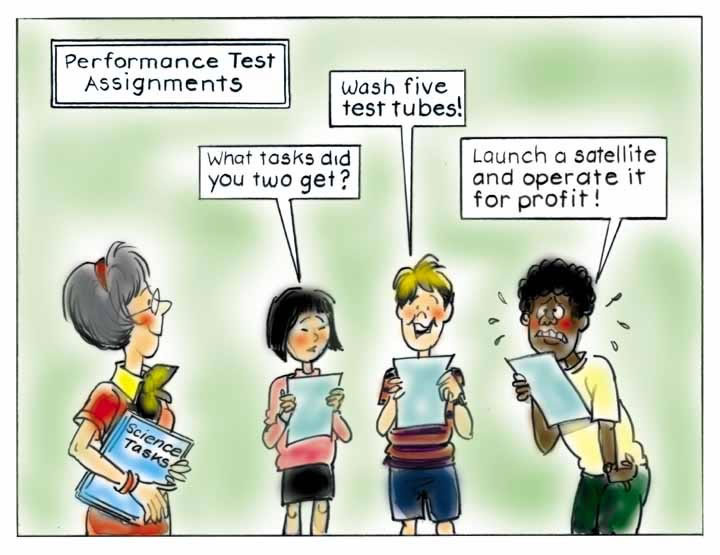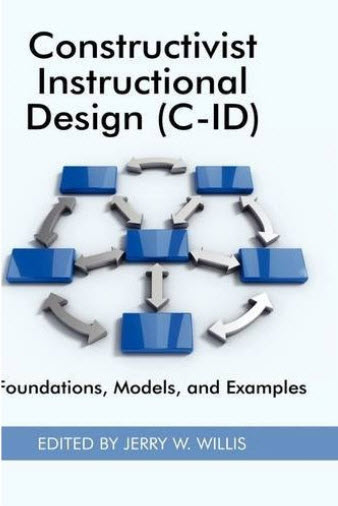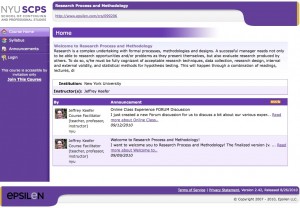Category: Learning & Teaching
Research Process and Methodology Course Begins Tonight
I am teaching a new graduate course at New York University that begins tonight, Research Process and Methodology. This is a required, core course in the M.S. in Management and Systems degree program. I am making my syllabus freely available for anybody who is interested in viewing it; feedback is always appreciated!
QI2010 Abstract #2 Accepted; This One on eLearning
The Design and Initial Development of an eLearning Course to Organize and Frame a Qualitative Research Design: The Learning Qualitative Project
There is increasing attention to the challenges faced by faculty who teach qualitative research method courses. Whether lecturers do not have sufficient background to teach in this area, students are not ready to take these courses or their expectations differ from what is taught, logistical institutional factors inhibit teaching and learning, or challenges in the theory-practice relationship pose struggles to coursework, the struggles with teaching qualitative methods seem nearly endless (Hurworth, 2008). With so much need, it was decided to create a freely available eLearning course to assist faculty and students alike. A qualitative research design eLearning course was developed to address some of the basic elements of a research design, and the first version of this is being tested with feedback being used to improve the course’s usefulness.
I look forward to meeting some old friends and making some new ones this May. BTW, the call for abstracts continues for another week.
Who needs a ride from Indianapolis?!
Assessment Issues in Online Learning
 I have been working all day on issues around assessment for my doctoral course of study (the one I am taking, this time!). It is amazing how some issues that seem so straight-forward at first are really very complicated and involved.
I have been working all day on issues around assessment for my doctoral course of study (the one I am taking, this time!). It is amazing how some issues that seem so straight-forward at first are really very complicated and involved.
One of my colleagues recommended this current article from Sue Bloxham: Marking and moderation in the UK: False assumptions and wasted resources, (Bloxham, S. (2009). Marking and moderation in the UK: False assumptions and wasted resources. Assessment & Evaluation in Higher Education, 34(2), 209 – 220) which I read with great interest. With issues around teacher / learner power, whether we can assess if learning is done at all, how issues meant for the natural sciences is problemativ when applied to the social sciences, and how (if?) to objectively measure students in a consistent manner, she gave me a lot to think about. I think the author ended her work in a significant way for those of us considering assessment in the social sciences:
at heart this is an epistemological issue; how is the knowledge of what is a good exam answer, essay, project or piece created? It is created through a social process involving dialogue and experience and using artefacts such as assignment guidance and assessment criteria but, in essence, it remains essentially an individual construct, heavily influenced by traditions in the subject discipline (p. 218).
Now, what to do with this for my own online class?!
Constructivistic Instructional Design
 This area around ADDIE (Analyze, Design, Develop, Implement, and Evaluate), which is an instructional design model I use all the time, constantly reminds me of issues of power and positionality that arise when we determine how others have to learn this or that. In many ways, this reminds me of a blog post that really stopped me to think about these issues, Why you want to focus on actions, not learning objectives. For those of us in the learning field, it is easy to either get so wrapped up in learning objectives that we neglect the learners as people, or to get so vague with our objectives that we can never really measure (or determine) if anything is learned at all.
This area around ADDIE (Analyze, Design, Develop, Implement, and Evaluate), which is an instructional design model I use all the time, constantly reminds me of issues of power and positionality that arise when we determine how others have to learn this or that. In many ways, this reminds me of a blog post that really stopped me to think about these issues, Why you want to focus on actions, not learning objectives. For those of us in the learning field, it is easy to either get so wrapped up in learning objectives that we neglect the learners as people, or to get so vague with our objectives that we can never really measure (or determine) if anything is learned at all.
All of this consideration of whose objectives we have to consider, and how that balance works within organizational dynamics, leads me to the text that Catherine pointed out and I just ordered, Constructivist Instructional Design (C-ID). This looks like just the right text to help consider some of these issues around ADDIE, which increasingly seems to be a simple model with grate implications.
More to follow . . .
